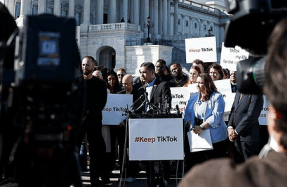SMUGGLERS INC.

THEY ARRIVE AS BOXES. DOÑA KATIA’S CONTACT IN COLOMBIA CALLS TO SAY, “I’VE GOT SIX BOXES COMING TO YOU NEXT TUESDAY,” AND SHE UNDERSTANDS HIS MEANING. IN THE BUSINESS OF MOVING PEOPLE ILLEGALLY ACROSS INTERNATIONAL BORDERS, DISCRETION IS REQUIRED.
Still cajas, or boxes, sounds a little cold to Katia, who prefers to talk up the human element of human smuggling. So the Indians and Eritreans, the Bangladeshis and Haitians she collects on the border where Panama meets Costa Rica acquire a new name when they travel across the latter country in her car, then board a boat to Nicaragua and a bus to Honduras, hurdling the series of borders toward the U.S. “I call them pollitos,” she says. Baby chickens.
In Paso Canoas, a shabby Costa Rican border town facing Panama, at least 14 other smugglers—sometimes called coyotes—compete for the migrant trade. Katia, a mother of two, calculates that she has sneaked between 500 and 600 people through the heart of Central America in the past 2½ years. She knows her customers not by their names but by their faces, which show up on her phone in texts sent from another smuggler preparing to hand them off: brown men, and a few women, in sheepish clusters outside the Western Union where they have retrieved cash from a relative to cover the next leg. From South Asia, the journey costs anywhere from $10,000 to three times as much.
Around the world, borders appear to be making a comeback. Donald Trump was elected to the U.S. presidency promising a wall. Britain recoiled from the European Union and the foreigners they were forced to allow in. But below the surface, things are still moving. The forces that compel people to move on from what Trump calls “sh-thole countries”—higher wages somewhere else; the chance to be the one sending money home, rather than the one receiving it—have lost none of their tidal power. In 2015, every 30th person on earth was living in a country where they
You’re reading a preview, subscribe to read more.
Start your free 30 days





